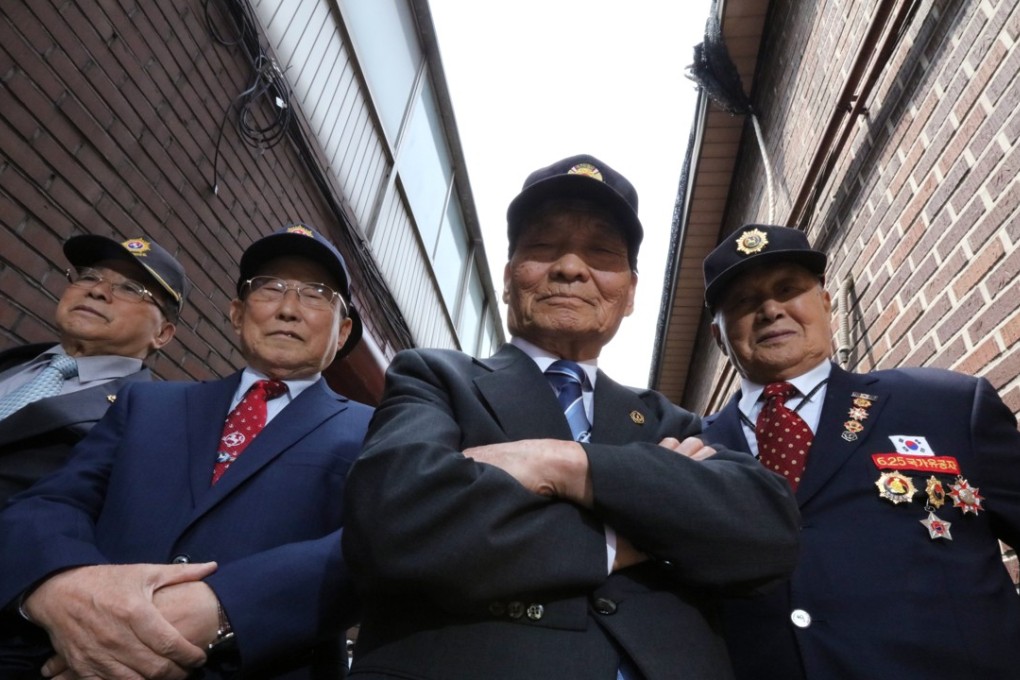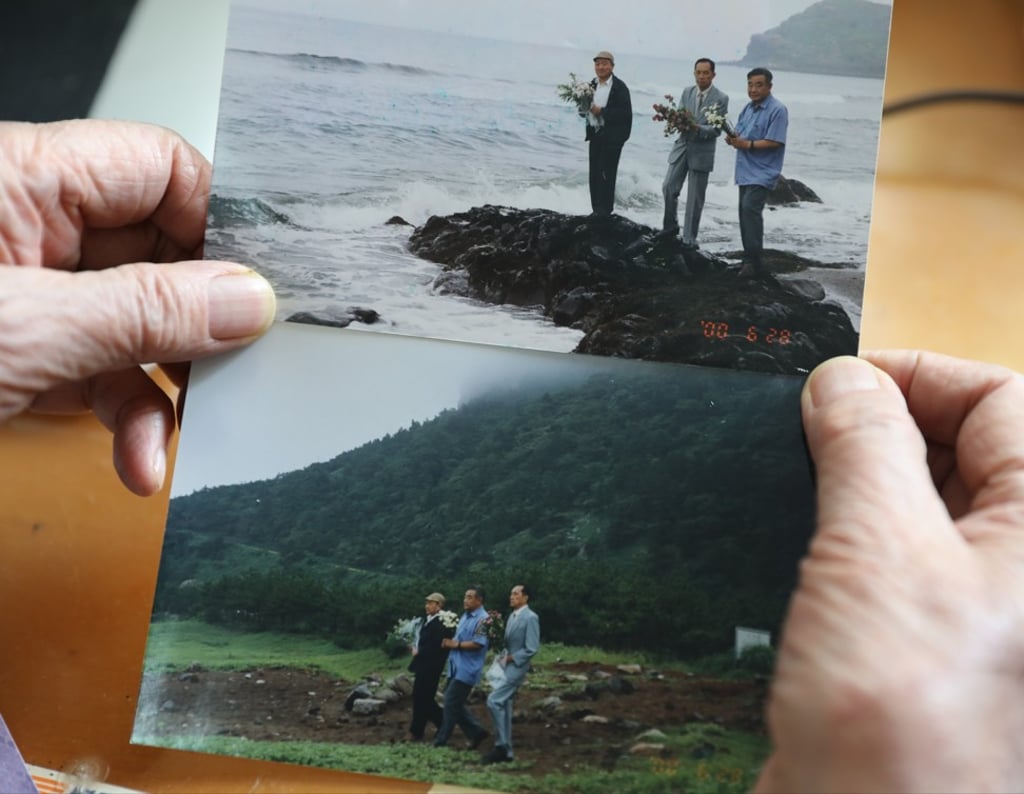Once enemies, South Korean and Chinese war veterans now desire one thing: peace on the peninsula
But some former combatants in the Korean conflict are wary of trusting in Pyongyang’s promises to Seoul at last month’s summit

More than six decades ago they were on opposite sides of the Korean war but these days Chinese veteran Zhang Zeshi and former South Korean infantryman Cho Chan-ho have one firm piece of common ground.
Zhang and Cho, both 89, hope for real and lasting peace between the two Koreas, one country divided into North and South along a demilitarised zone with the signing of an armistice agreement 65 years ago.
Zhang, who lives in Beijing, was 21 when he became one of 3 million troops China’s then leader Mao Zedong sent to support the North in its conflict with the South backed by US-led United Nations’ forces.
The casualties were enormous – about 600,000 Chinese soldiers either died or went missing, the South lost one million civilians and 217,000 troops, and one million North Korean personnel and civilians died.
Memories of those time remain fresh for veterans and many on all sides are sceptical about prospects for a true end to hostilities with the meeting late last month between North Korean leader Kim Jong-un and his South Korean counterpart Moon Jae-in.
